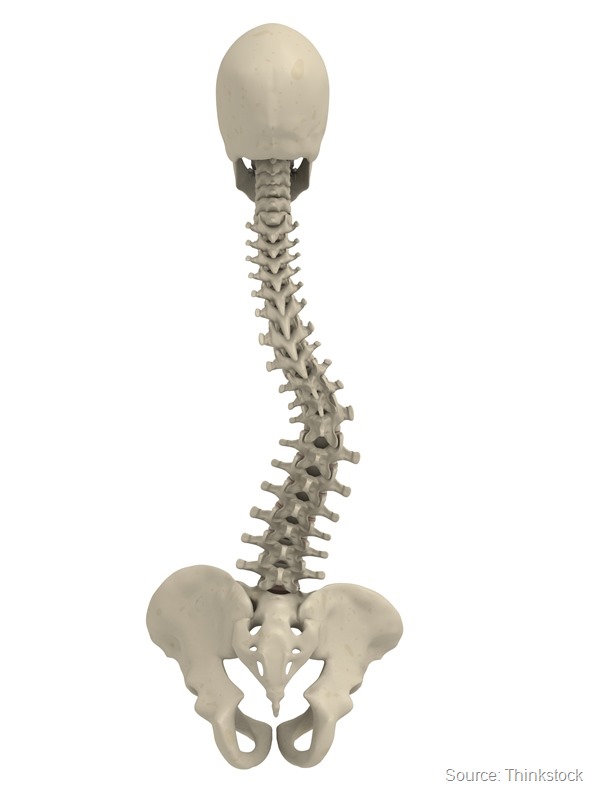Researchers, led by Professor Bruno Morgan at the University of Leicester, have finally been able to describe the precise nature of King Richard III’s spinal condition. He had scoliosis, causing his spine to curve to one side. He would have had a small but noticeable defect, which is unlikely to have interfered with his ability to exercise.

Richard III ruled England from 1483–1485 and numerous historical and literary references describe him as “crook-backed” or “hunch-back’d”. However, it was purported that such accounts may have been invented to damage his reputation rather than being based on his appearance. Consequently, the issue has been vigorously debated over the years…until now.
The remains of Richard III, discovered in 2012 by archaeologists in Leicester, were analysed using CT scans. The resultant images were used to create computer-generated replicas and 3D prints of the King’s spine. Close scrutiny of King Richard’s spine showed that his scoliosis was unlikely to have been inherited, and probably developed after he was 10 years old. The condition is known today as ‘adolescent-onset idiopathic scoliosis’ and is one of the most common types of scoliosis.
The study author Dr Piers Mitchell explained “The physical deformity produced by Richard’s scoliosis was probably slight as he had a well-balanced curve of the spine. His trunk would have been short relative to the length of his limbs, and his right shoulder a little higher than the left. However, a good tailor to adjust his clothing and custom-made armour could have minimised the visual impact of this”.
Co-author Dr Jo Appleby added “The moderate extent of Richard’s scoliosis is unlikely to have resulted in any impaired tolerance to exercise from reduced lung capacity...there is no evidence to suggest Richard would have walked with an overt limp”.
Further reading
Source:
Appleby J, et al. The scoliosis of Richard III, last Plantagenet King of England: diagnosis and clinical significance. Lancet 2014; 383:1944. Available at http://www.thelancet.com/journals/lancet/article/PIIS0140-6736(14)60762-5/abstract